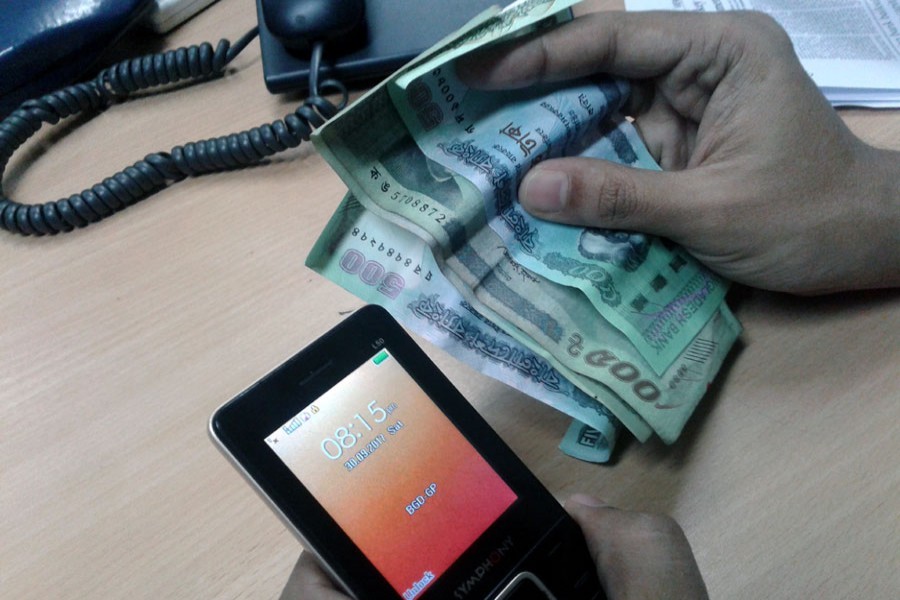The concept of agent banking seeks inclusion of unbanked groups to banking channel and expansion of payment and transactional services by reducing costs and increasing efficiency. Agent banking models are still in the development stage depending on situational and country-specific needs. Its journey started in 2014 from Latin American country Brazil. The World Bank and the Multilateral Investment Fund (MIF) introduced this idea at a seminar with the central bank of Brazil on March 2014. Later on, some Latin American countries, some African countries and some Asian countries like Philippine, India, Bangladesh adopted the concept in their own way. Achievement and success of this model depend on the extent of financial inclusion, cost effectiveness and technological sustainability. One such model of agent banking relies on some technology developed by a company under TATA group in India. It achieved moderate success with a hand-held computer feature including wireless connectivity and receipt printing on collection of installment payment of insurances, lease financing installment payment from customers living in remote areas. They have no time or intention to go to bank and keep deposits there.
For example, a truck driver bought his own truck with lease financing facilities either from bank or from truck manufacturer. Drivers mostly spend their time on the road, take rest on the truck and get back home 4/6 times a year. But the installments need to be collected on a monthly basis. To solve this problem this handheld computer, this one-man show agent banking proves effective. This man keeps track of the customers under his one-man agent bank and informs them the installment payment date. Then the agent reaches the agreed location on the appointed date of payment and collects money from customers. He enters data to the handheld computer online and gives receipt to the customer.
This is actually mobile agent banking. But this model has not seen much growth and sustainability over the past 5/6 years. It lost its attraction to the customers for the overwhelming popularity of the mobile money transaction for financial inclusion, cost effectiveness, accuracy and trustworthiness. On the eve of the emerging digital technologies in the Fin Tech industries, agent banking models have lost their appeal. Further investment in agent banking will be bad investment for any financial institution like buying an old horse to deliver goods faster and efficiently to customers rather than buying an electric car or solar operated drone for delivery.
On the other hand, mobile money and mobile transaction in the fin tech industries are getting more popularity and also well accepted by customers as long as the development of security features are integrated. Almost 60 per cent of the banks reduced their operational cost and financial inclusions through the mobile apps. Almost no cost increased for customers in transactions. Sometimes banks are earning extra money from the third party service provider of apps and e-commerce companies.
It is evident that adoption of online banking and mobile banking is much easier and cheaper than trying to revive the already buried agent banking models.


